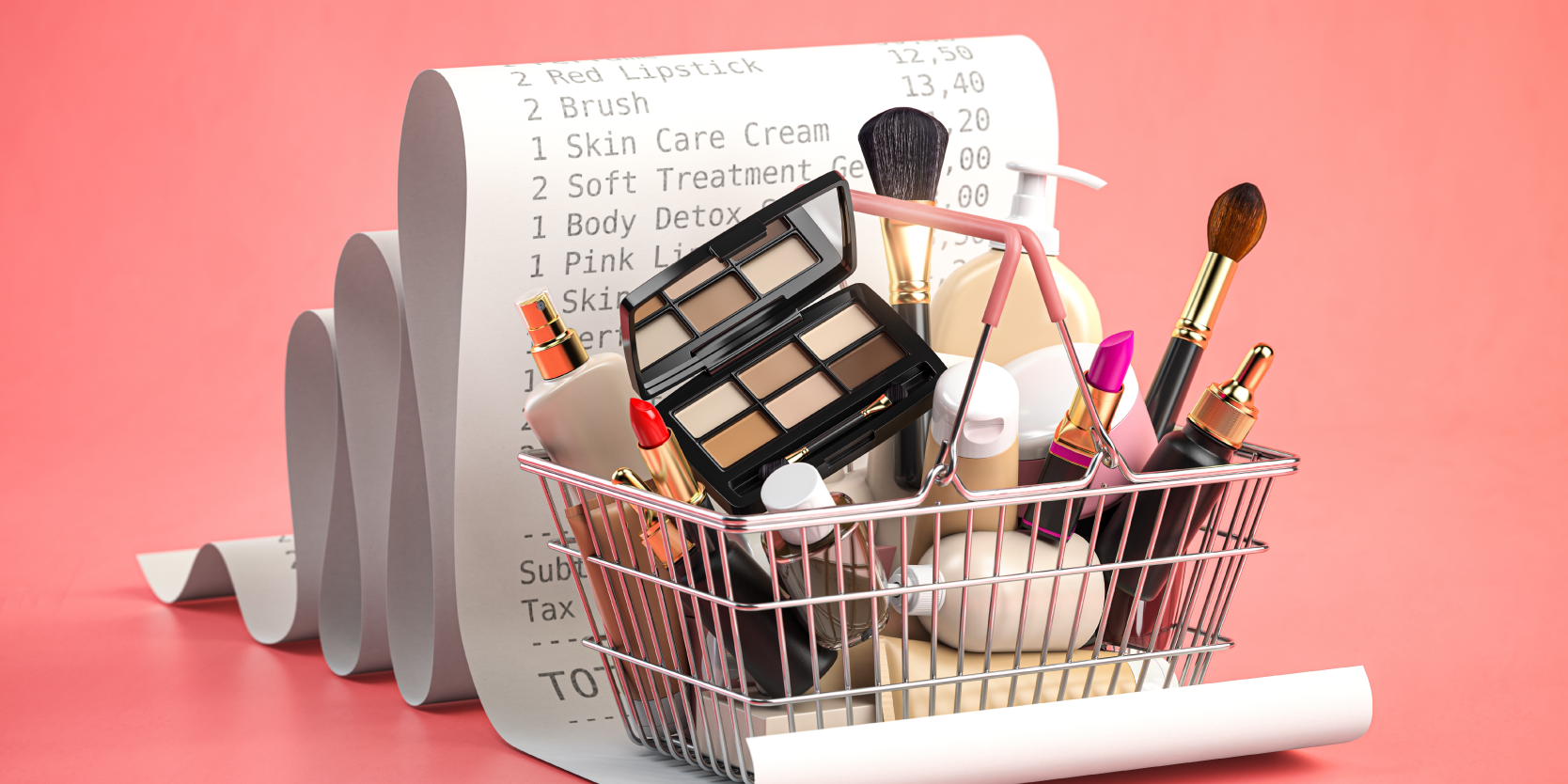
India's personal care and beauty business is thriving due to rising disposable incomes, expanding consumer awareness, and the entry of indigenous beauty firms. Beneath the technology and appearance lies an intricate regulatory framework that new cosmetic firms must overcome to be safe, transparent, and acceptable in the market. It is not simply a tick list but the foundation upon which product credibility, company reputation, and consumer trust are built. It is imperative that startups follow the legislations like the Drugs and Cosmetics Act, 1940, and the Cosmetic Rules, 2020, but not without their issues.
Understanding India's regulatory landscape
New entrants in the Indian cosmetics industry must comply with the general law and the Drugs and Cosmetics Act, 1940, for the import, manufacture, supply, and sale of cosmetics in India. This is subsequently followed by the Cosmetic Rules, 2020, which is a comprehensive set of rules providing specific information that includes labelling, manufacturing, and safety provisions.
Beyond that, the cosmetics come under the regulation of the Central Drugs Standard Control Organisation (CDSCO), and quality norms are regulated by the Bureau of Indian Standards (BIS) for almost all cosmetic items. Imports also need to be registered with the CDSCO as an additional compliance measure.
Comprehending and decoding these different standards is often the first, and perhaps most challenging, obstacle for any new beauty company.
Regulatory challenges: Startup difficulty
Compliance is diverse and intricate. Understanding regulations is an uphill task for startups. CDSCO registration becomes unavoidable with drawn-out documentation, ingredient testing, and approval processes. Safety tests, from microbial testing to dermal testing, take time and money. The process is further enhanced by ingredient regulation, where even Ayurvedic or natural ingredients must cross-match against approved lists.
The most underappreciated yet the most pressing one is possibly compliance labelling. Small errors, like omitting usage instructions or minuscule font size, result in product recall or financial penalties. For financially strapped startups, that's a significant threat.
Aside from that, Good Manufacturing Practices (GMP) must be followed to produce hygiene, consistency, and safety, but most minnows cannot maintain that level of high standard because of infrastructure or budget constraints.

Innovation and tech as facilitators of compliance
Grazing on such issues, more and more businesses are accepting technology. Now, AI technology is capable of detecting non-compliant ingredients, monitoring regulatory changes around the globe, and automatically checking labels. These types of solutions reduce human mistakes and enable entrepreneurs to concentrate on innovation at the cost of not compromising conformity.
Some companies even employ regulatory intelligence platforms, which notify them in real-time about legal evolution and, therefore, allow them to scale and operate without a problem.
Developing in-house competency
Rather than entirely outsourcing, some new brands are developing in-house competency. An example is the development of core staff on regulatory competency, GMP requirements, and ethical procurement as a best-practice standard.
Others are entering strategic partnerships with experienced producers, consultants, or lawyers. These partnerships give the new companies the entrenched players' compliance infrastructure, along with a faster time-to-market. Being partnered with BIS-certified manufacturers also reduces product quality and safety concerns.
Transparency and ethical responsibility as growth levers
Gen Z and millennials, the new consumers, highly identify with the values embodied by brands they invest in. As a way to become long-term trustworthy, some Indian startups are embracing transparency-first. These include open-labelling, full disclosure of ingredients, and open disclosure of testing and sourcing procedures.
Brands go one step further to be ethical sources, giving extra care to sustainably obtained ingredients, cruelty-free ingredients, and decent working conditions. Adding compliance as a level of consideration next to ethics, startups are not only following the law but also growing an ethically conscious consumer base.
Balancing creativity with compliance
Perhaps the most intimidating challenge for a startup is the question of where to identify innovation within regulatory boundaries. Breaking through with an innovative formula or tough branding has to be balanced against safe, legal compliance. For example, in the testing of herbal or organic ingredients, startups have to prove claims using established testing paradigms.
Rather than viewing regulation as an obstacle to innovation, visionary business leaders view it as a guardrail marking a safe, consumer-led road to beauty innovation.
Compliance as a competitive advantage
Last and most crucially, only the firms that integrate compliance into the business as a whole, and not incidentally but as a driver of growth, are positioned to succeed in the long run. In as aggressive and speeded-up an industry as India's cosmetics market, compliant thinking can be an avenue of competitive strength, both as an insurance against less turbulent regulatory examinations and enhanced consumer confidence.
With technology, strategic alliances, and abiding by ethical and transparent business, India's new-age beauty companies are charting ahead to establish that regulatory obstacles, as daunting as they may be, can be overcome with grit, transparency, and flexibility.
(Bikash Goyal is the Co-founder of Glam21, an Indian beauty brand.)
Edited by Kanishk Singh
Original Article
(Disclaimer – This post is auto-fetched from publicly available RSS feeds. Original source: Yourstory. All rights belong to the respective publisher.)